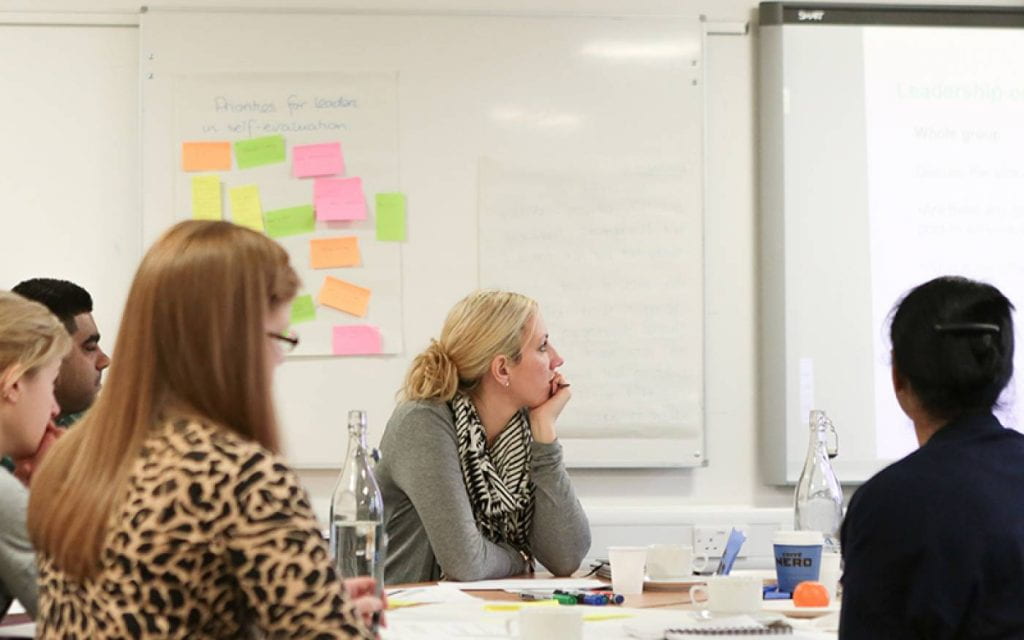What does it mean to teach a subject? Not what the ITT Market Review suggests
By Blog Editor, IOE Digital, on 9 September 2021
Why do we learn all those different subjects at school? Perhaps it is because I’m a teacher educator and I have school-aged children myself, that I get asked this at parties more than most. Thankfully, I am able to maintain polite conversation on this topic because I have spent time in scholarly discussions with colleagues, both as part of the Subject Specialism Research Group at the IOE, as well as within a network with colleagues in Finland and Sweden concerned with subject-specific teacher education.
 One of the most compelling arguments for learning about subjects in schools is that it enables people to understand different ways of thinking – how science, history, geography, religious education or any other subject gives a knowledge base from which to learn and understand the world. For example, I would say that my own specialism, physics, is about developing models which help explain and predict phenomena in the world. It has less to say about human relations or ethics, which draw on other forms of knowledge that might be (more…)
One of the most compelling arguments for learning about subjects in schools is that it enables people to understand different ways of thinking – how science, history, geography, religious education or any other subject gives a knowledge base from which to learn and understand the world. For example, I would say that my own specialism, physics, is about developing models which help explain and predict phenomena in the world. It has less to say about human relations or ethics, which draw on other forms of knowledge that might be (more…)
 Close
Close









